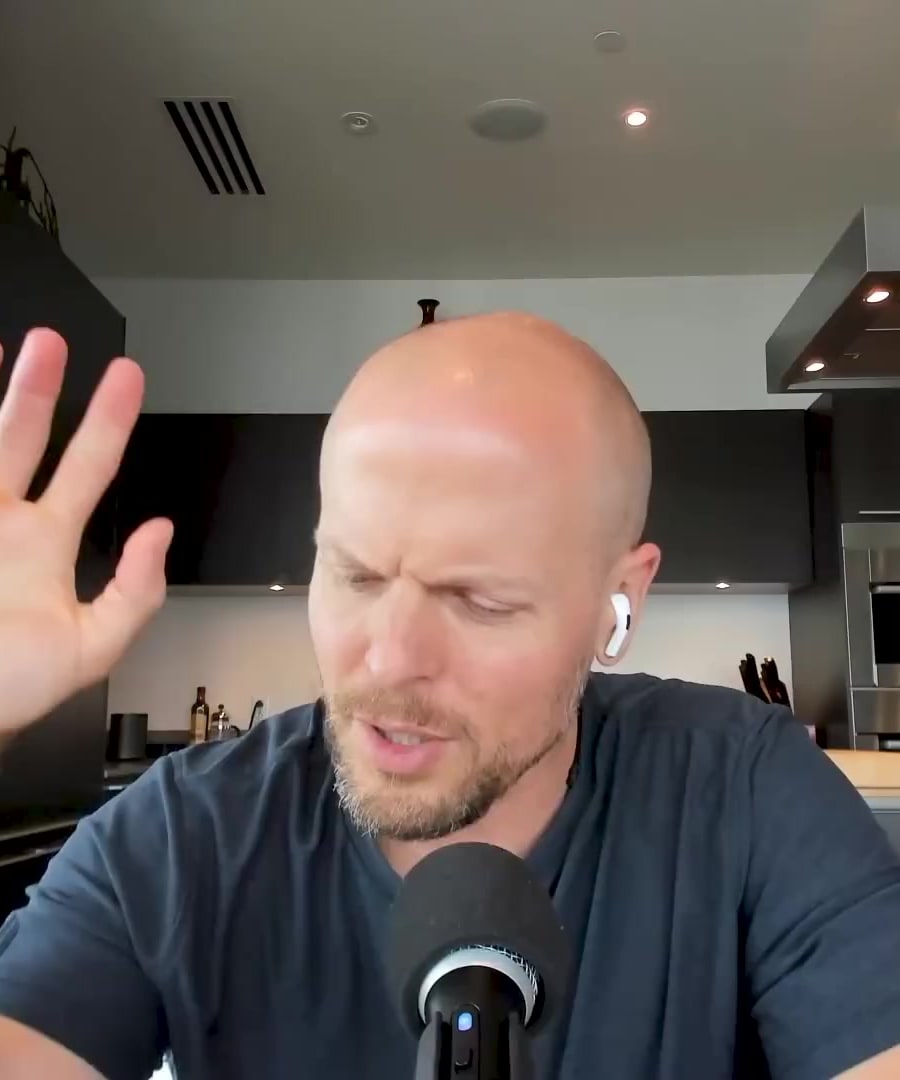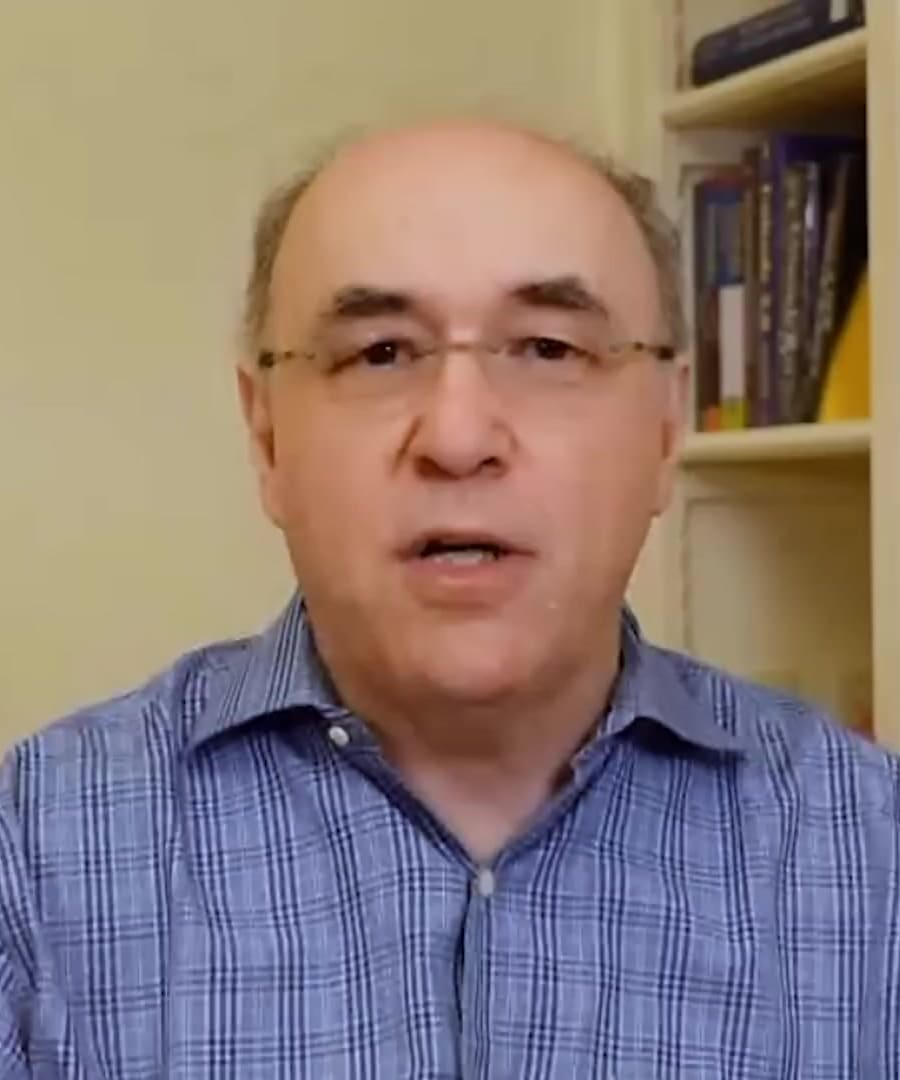How does complexity theory apply?
Sources:
Complexity theory applies in various fields, and in discussions on Tim Ferriss's podcast, several guests provide insights:
-
Brad Feld discusses complex systems and how deterministic outcomes are unrealistic. He emphasizes emergent behavior, feedback loops, and the significant role these systems play in various fields. Feld references the book "Complexity" by Mitchell Waldrop, which explores these themes in depth 1.
-
Isabel Behncke explains complexity as the study of structures and their interactions. She combines complexity theory with evolutionary thinking, particularly highlighting the concept of niche construction, where organisms, including humans, modify their environments and, in turn, adapt to these changes 2.
-
Eric Weinstein points out how perceived complexity can arise from simplicity. He uses the example of the "four-chord song" to illustrate how seemingly complex music can actually be based on simple principles, reflecting broader insights into how our minds process complexity 3.
-
Stephen Wolfram introduces the concept of the Ruleyad, where all possible computations intersect and form a rich, unified structure. This highlights how complexity can emerge from simple computational processes and the inevitability of certain outcomes once fundamental terms are defined 4.
-
Jocko Willink discusses the complexity in leadership, emphasizing that the challenge often lies in managing human variables such as emotions and egos, rather than the technical aspects of a mission. This complexity in human interaction is crucial in both military and business contexts 5.
-
Giuliana Furci shares her experience of simplifying complexity by focusing inward. She believes in the importance of self-belief and hard work to navigate complex and adverse situations, like founding the world's first NGO dedicated to fungi in a world that undervalued this work 6.
These examples illustrate how complexity theory manifests across different domains and how understanding and navigating it can lead to successful outcomes.
RELATED QUESTIONS-





